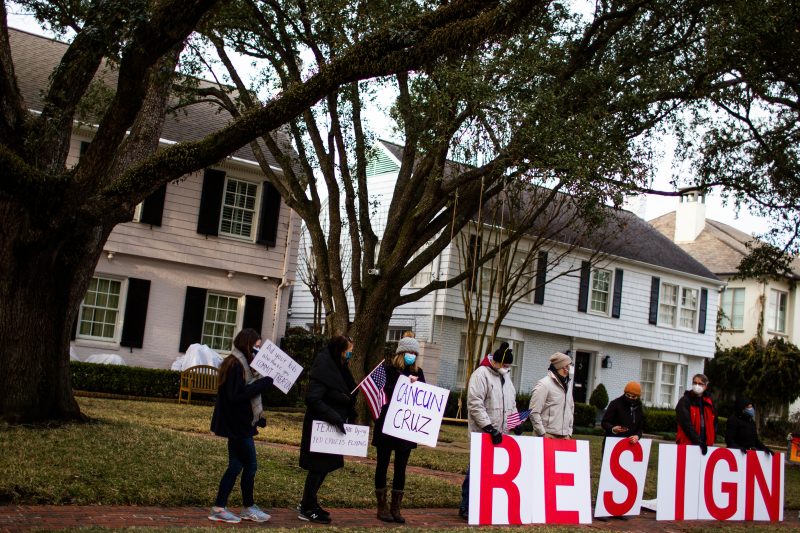In a recent development that has raised concerns and drawn scrutiny from various sectors, politicians seeking to enforce the removal of certain social media posts are finding themselves at the center of a heated debate. The act of pressuring social media platforms to delete specific content, also referred to as jawboning, has sparked discussions regarding freedom of speech, censorship, and the role of governments in regulating online content.
At the heart of this issue lies the tension between upholding free expression and combating harmful or inappropriate content on social media. While it is widely recognized that platforms have a responsibility to moderate content and remove illegal or harmful material, the question arises when politicians attempt to influence these decisions for their own agendas.
One of the main concerns raised by critics of politicians’ involvement in content moderation is the potential for censorship and the suppression of dissenting voices. By pressuring social media companies to delete specific posts or accounts, politicians may be infringing on individuals’ rights to express their opinions and engage in public discourse.
Moreover, the line between harmful content that should be removed and legitimate expression that should be protected can be blurry, making it challenging for politicians to navigate these decisions without inadvertently stifling free speech. This dilemma raises important questions about the balance between maintaining a safe online environment and respecting individuals’ rights to express themselves freely.
Another key issue brought to the forefront by the phenomenon of politicians jawboning social media platforms is the role of governments in regulating online content. While some argue that politicians have a duty to ensure that social media platforms operate responsibly and adhere to certain standards, others caution against government overreach and the potential for abuse of power.
Critics argue that politicians should not have the authority to dictate what content is permissible on social media, as this could lead to political censorship and the silencing of dissenting voices. Instead, they suggest that independent oversight bodies or transparent moderation processes should be in place to ensure that content removal decisions are fair and impartial.
In conclusion, the practice of politicians jawboning social media platforms to delete specific content is a complex issue that raises important questions about free speech, censorship, and the role of governments in regulating online discourse. Finding a balance between protecting individuals’ rights to express themselves and safeguarding the online community from harmful content is crucial in navigating this challenging terrain. As this debate continues to unfold, it is imperative that policymakers, tech companies, and users alike engage in constructive dialogue to uphold the principles of free expression while addressing legitimate concerns about online safety and accountability.



























